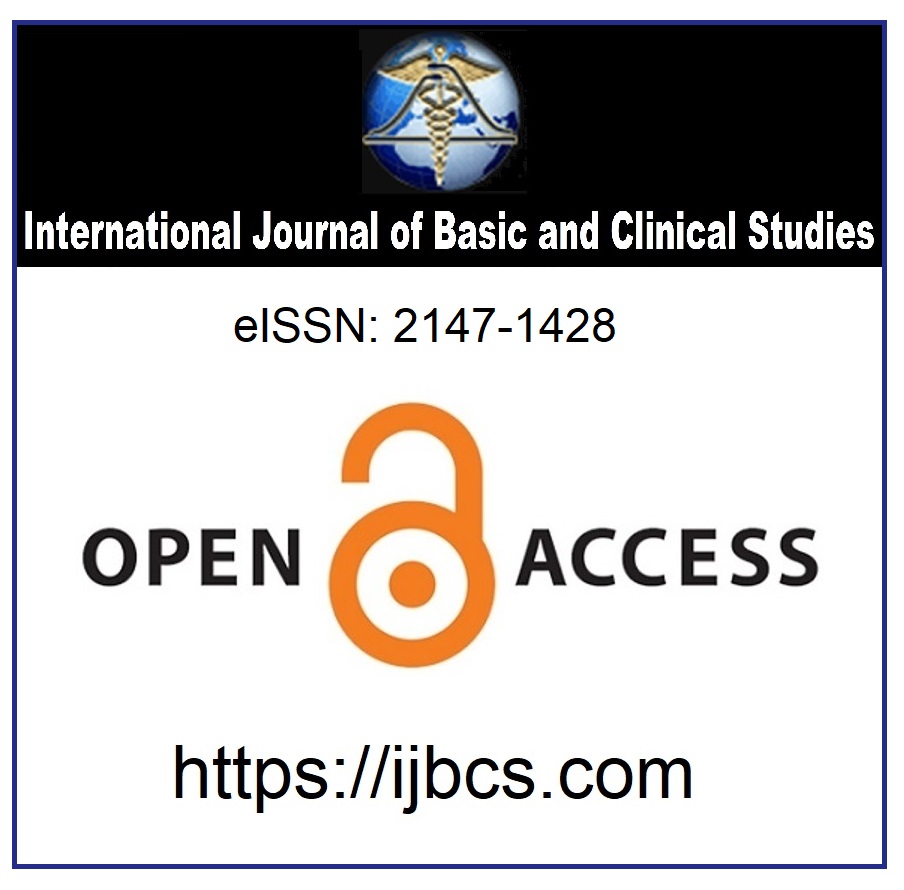Effect of Mental Status, Mobility and Depression Levels on Daily Life Activities of People with Multiple Sclerosis
Keywords:
Daily life activities, Depression, Mobility, Multiple SclerosisAbstract
The aim of the study was to investigate the effect of mobility, mental status and depression levels to the daily life activities of people with multiple sclerosis (MS) and to examine the relationship between these parameters. 22 patients with multiple sclerosis were included in the study (17 female, 5 male). The mean age of the cases are 45,40 ± 8,18 years (min-max: 32-60). 14 of the patients were Relapsing Remitting type MS, two of them were Primer Progressive type MS and 6 of them were Secondary Progressive type MS patients. The daily life activities of the patients were assessed by Functional Independence Measure (FIM). Rivermead Mobility Index (RMI) was used to evaluate mobility levels of patients. Mental levels were assessed with Standardized Mini Mental State Examination (SMMSE) and Beck Depression Scale (BDS) was used to evaluate the depression levels. The results of the study showed that; there was a significant correlation between FIM and RMI (p <0.05). There was a significant correlation between SMMSE and BDS (p <0.05). While there was no significant correlation between FIM and BDS and also between FIM and SMMSE (p>0.05). There are many factors that affect daily life activities of people with MS. For this reason, it is important to evaluate the different factors which affect these people for designing the rehabilitation program.
Downloads
Published
How to Cite
Issue
Section
License
Copyright (c) 2019 by the Authors

This work is licensed under a Creative Commons Attribution 4.0 International License.



